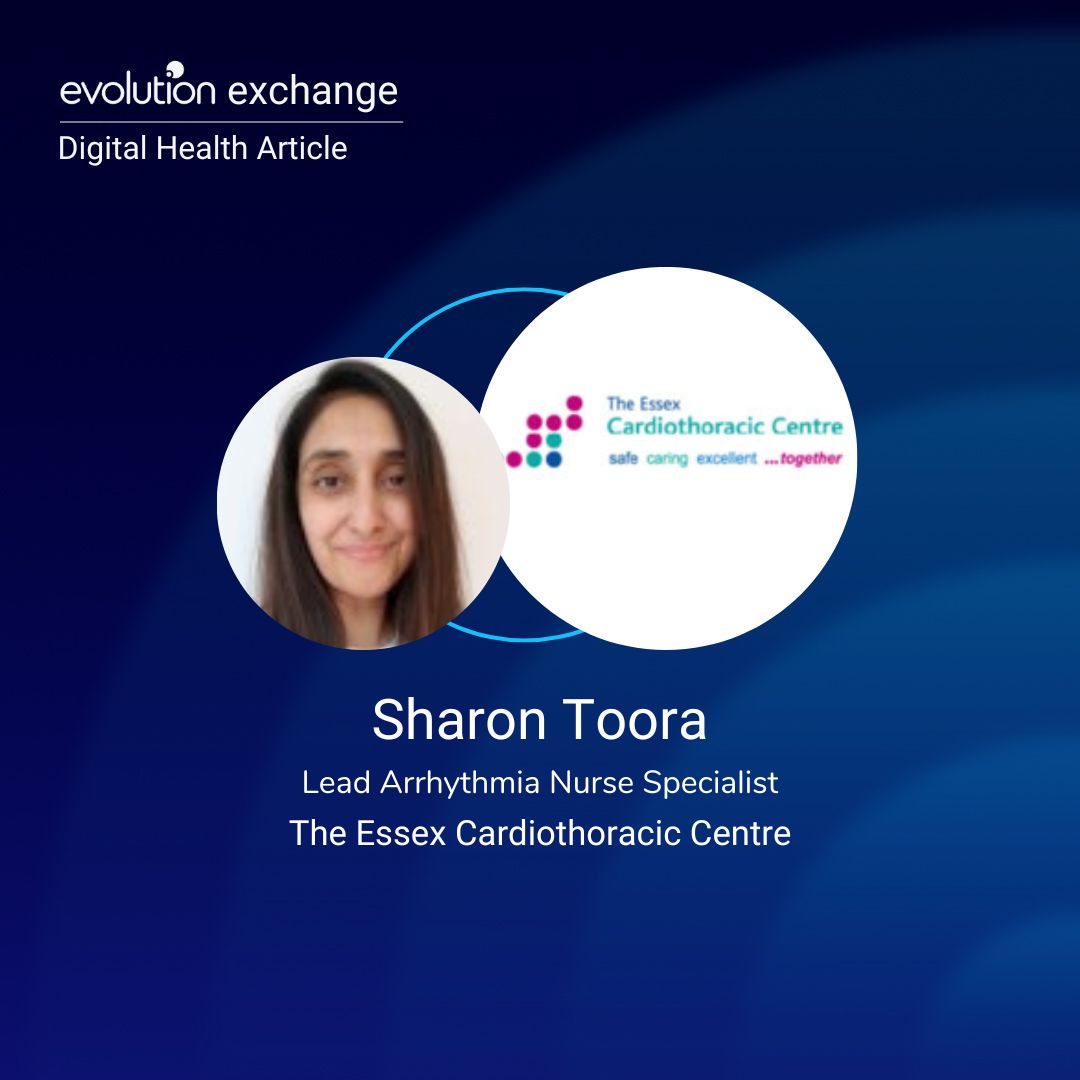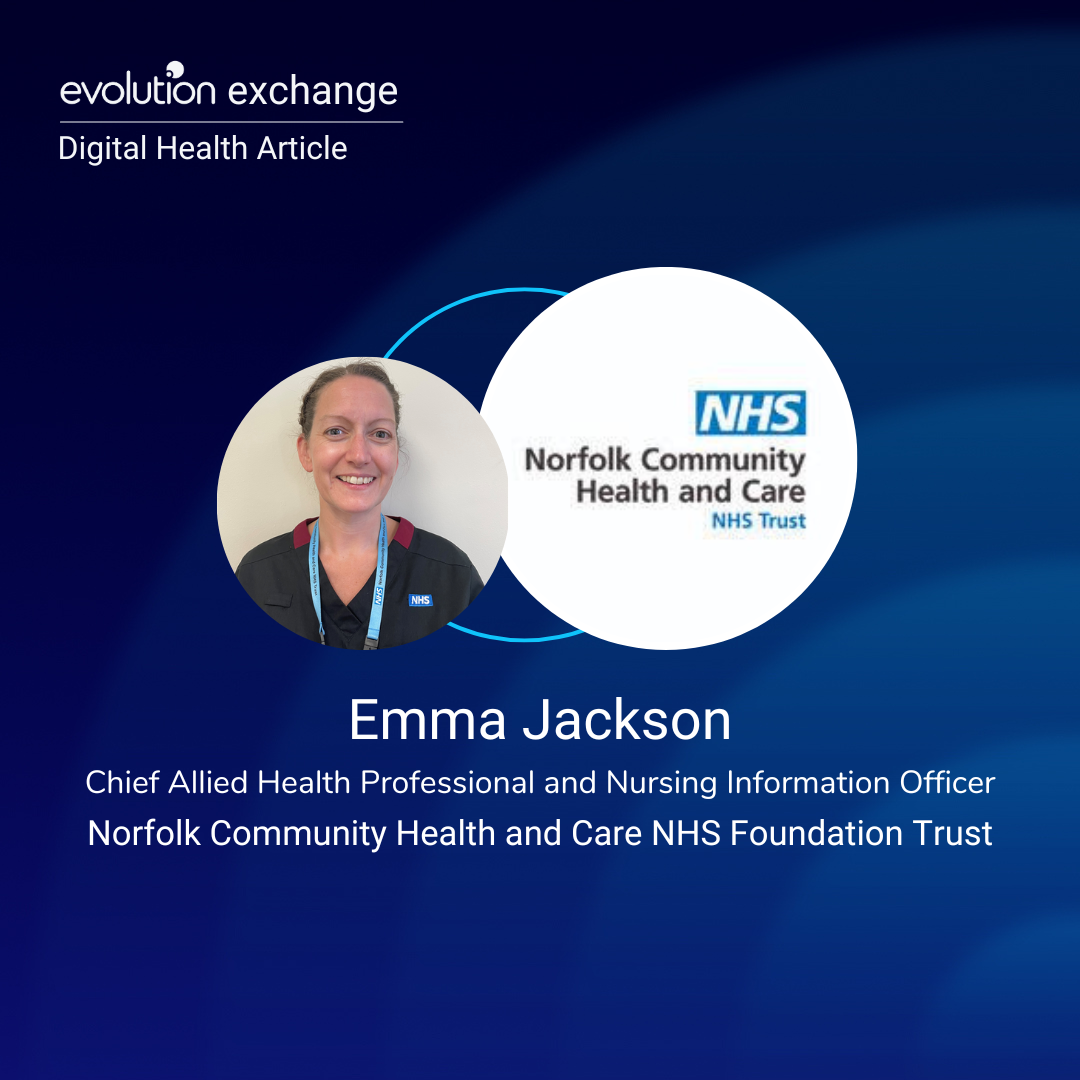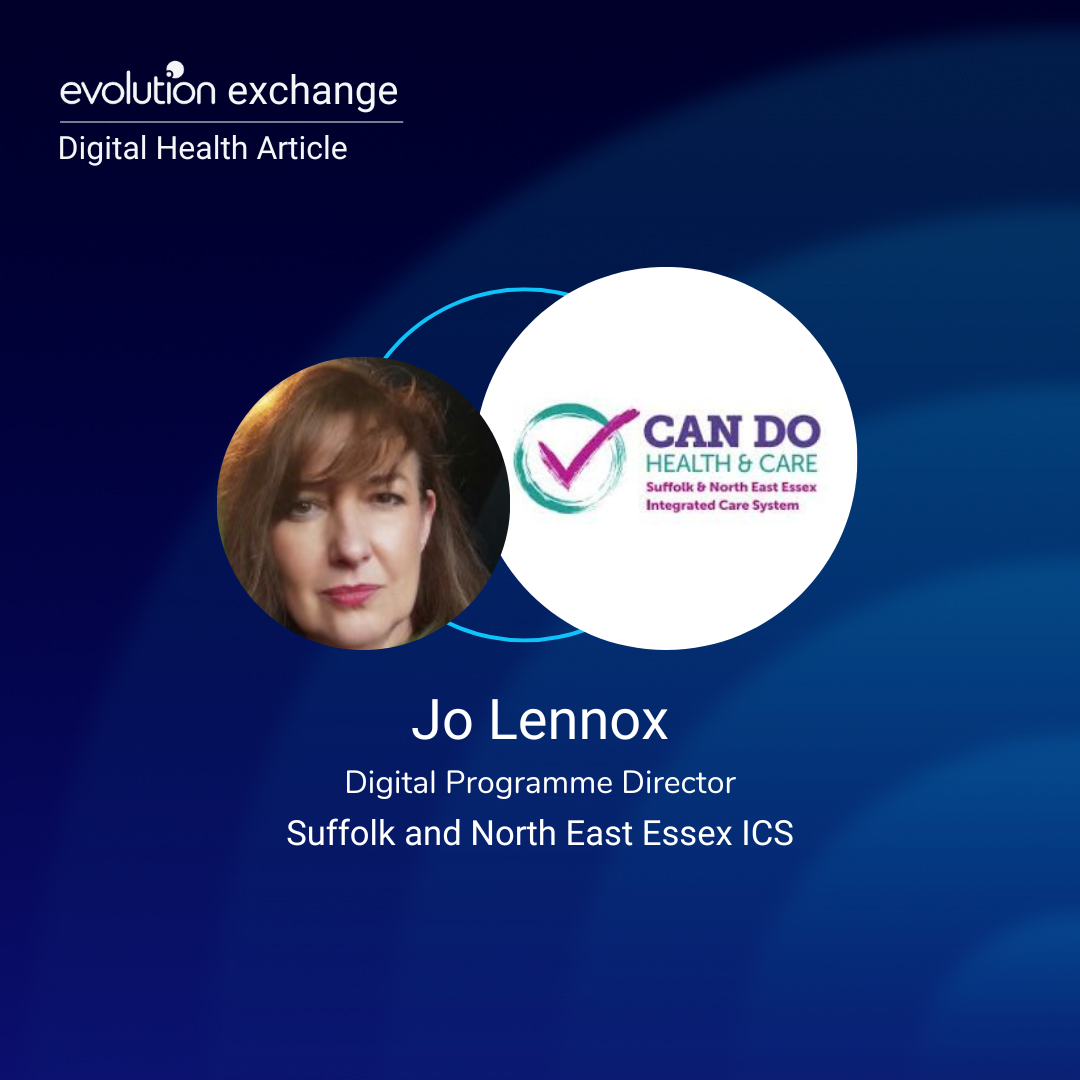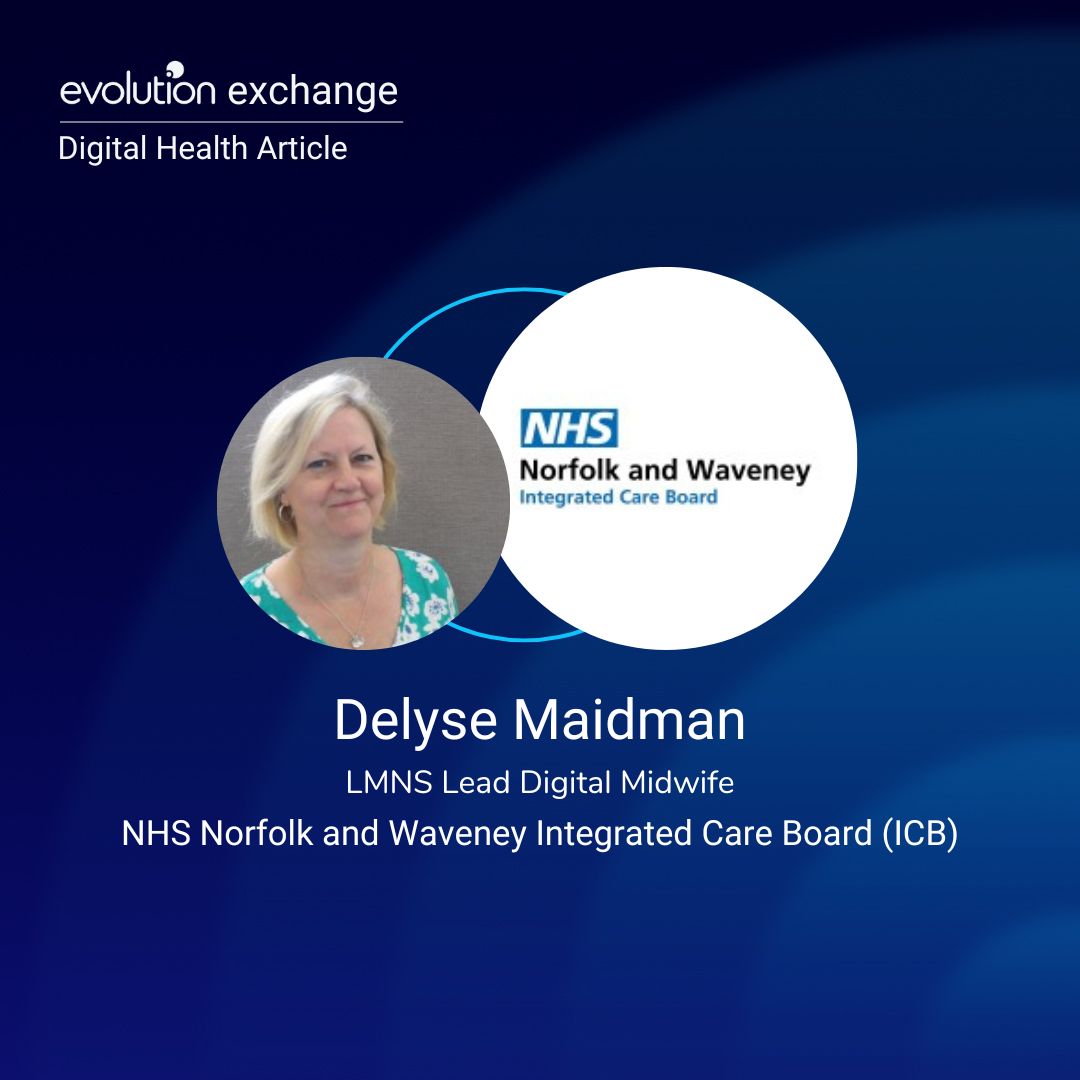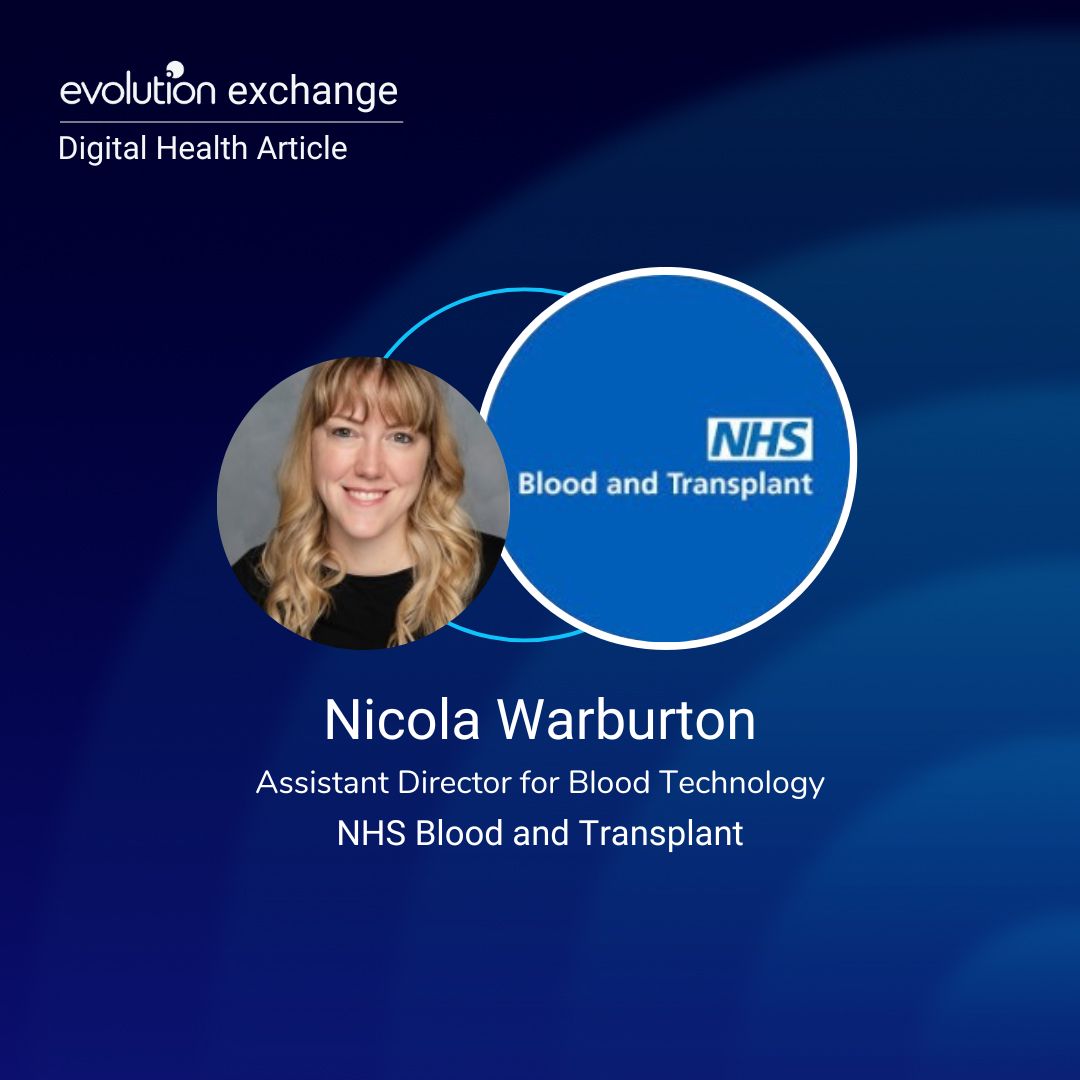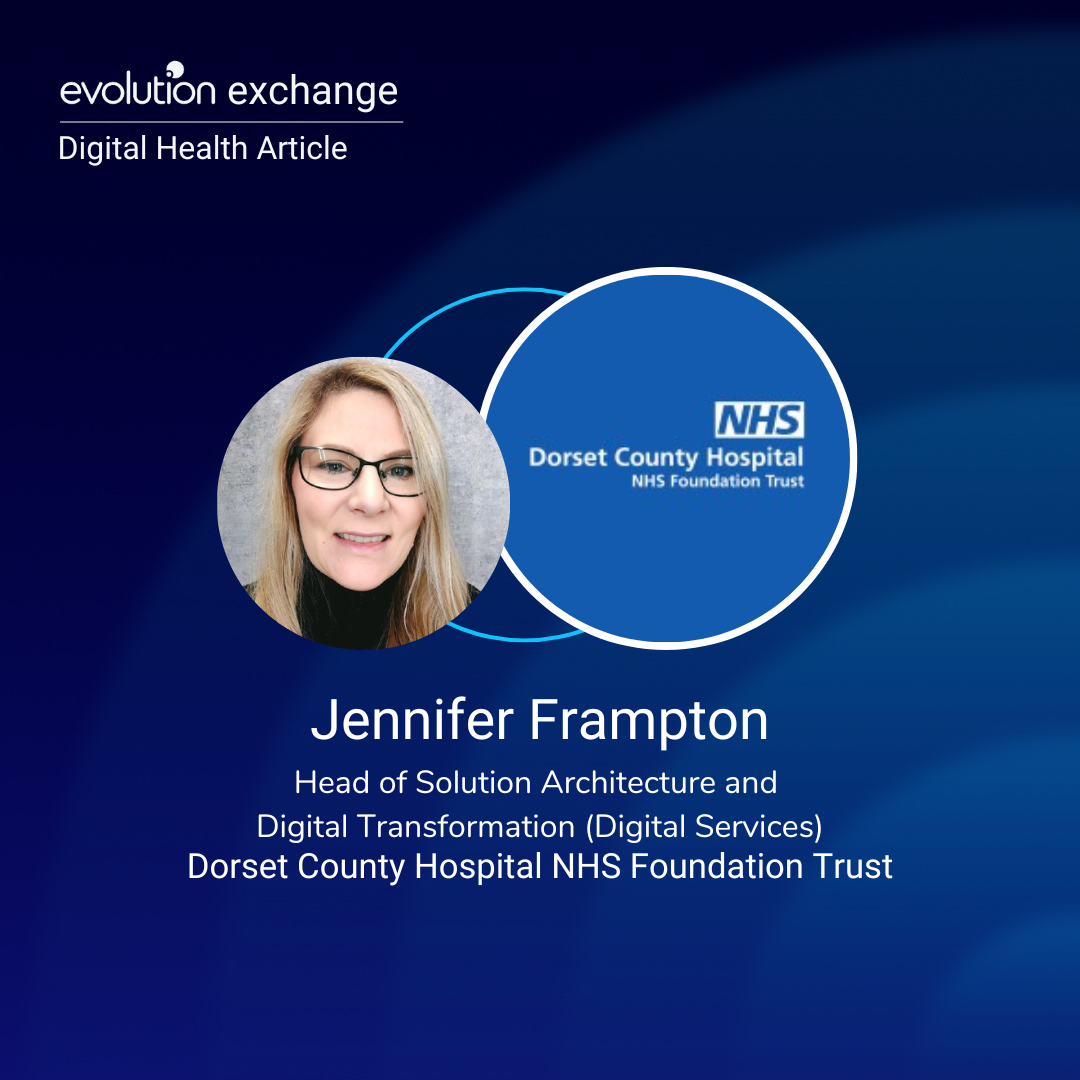Sharon Toora represents a new generation of healthcare leaders who are bridging the gap between clinical practice and digital innovation. As the Lead Arrhythmia Nurse Specialist at the Essex Cardiothoracic Centre, she has spent over 25 years in cardiac nursing while simultaneously pioneering the integration of digital technologies into patient care. Her journey offers valuable insights into the challenges and opportunities facing women in healthcare leadership today.
From Bedside to Digital Innovation
Sharon’s path to digital leadership wasn’t conventional. “I would say I’m a jobbing nurse. That is my background. I love what I do,” she explains. Her transformation began during the pandemic when traditional patient care models were disrupted. “Around about four or five years ago, during the pandemic, we struggled to look after our patients. And that’s where my interest in how we can manage our patients efficiently and safely came about.”
What set Sharon apart was her willingness to look beyond traditional healthcare boundaries. “I actually reached out to industry. I look back and I think that’s really brave. You wouldn’t normally think about doing that,” she reflects. This bold move sparked a conversation that would fundamentally change her career trajectory and lead to transformational projects within her organisation.
Her current role demonstrates the evolution of nursing leadership in the digital age. While she doesn’t have “digital” in her title, technology is integral to her work: “I use a lot of digital tech. That could be ambient voice recognition in my clinics, that could be using an app that we use to monitor our patients’ long-term conditions at home.”
Overcoming Cultural Barriers
Sharon’s journey hasn’t been without significant obstacles. The most challenging barriers she faced weren’t technical or financial, but cultural. She recalls a particularly deflating conversation with a consultant colleague: “The response was no, this is not going to work,
because our patients are older, they’ll never engage and you’ll never get this willingness. So it just stopped.”
This rejection left her feeling “so dejected, so powerless, because as a nurse, I felt at that particular point in time I had no influence.” However, rather than abandoning her vision, she used these setbacks as learning opportunities. “Now, going into those conversations, I’m much better prepared. I know now from those obstacles that I need to have all my answers.”
The experience highlights a broader challenge in healthcare: the need for cultural transformation to accompany technological advancement. As Sharon notes, “There’s no mention of workforce development or how you’re going to get your workforce digitally engaged” in current NHS plans, despite the critical importance of bringing staff along on the digital journey.
Leadership Without Technical Expertise
One of Sharon’s key insights challenges conventional thinking about technical leadership. “Do you think you need to be technical to be a technical leader?” she was asked. Her response was emphatic: “I would say definitely not, I am not technical in any stretch of the imagination.”
Instead, she emphasises different leadership qualities: “I think there are other skills that you really do need to own, including knowing your limitations if you are in that leadership role.” Her approach focuses on collaboration and leveraging team strengths: “As a leader, it’s all about bringing people with different skills together.”
This philosophy extends to her communication style and team dynamics. “I love being respectfully challenged because it helps me understand different perspectives,” she explains. This openness to challenge and continuous learning has been crucial to her success: “I’m a lifelong learner. I really enjoy learning, and I think it’s dangerous to think that you know it all.”
The Isolation of Being Different
Sharon’s experience as a woman of colour in healthcare leadership reveals the additional layers of complexity facing diverse leaders. “I don’t often see many people like me in leadership roles,” she observes. “You want to see someone like you as a role model that you can perhaps engage with, talk to and bounce ideas off.”
This isolation is compounded by the interdisciplinary nature of her role. “It can be a really lonely place when for so long it felt like I’m a clinician basically that’s my bread and butter… But when you step into that digital world, you almost feel like it’s an add on to what you did.”
The psychological impact of this isolation cannot be understated. It affects confidence, decision-making and career progression. “As a nurse, you often feel you are the doers rather than the enablers,” Sharon explains, highlighting how professional identity can limit perceived opportunities.
The Power of Networks and Mentorship
The transformational moment in Sharon’s career came through finding her professional network, particularly the Shuri network for women in healthcare technology. “It has been life changing,” she says. “It’s great to have that support, and I know that I’m not going to be judged by asking whatever question.”
The network provided something crucial that was missing from her immediate work environment: “I’ve never had an immediate line manager who would actually fit that description” of a mentor or advocate. Instead, “my biggest net mentors have been my fellows in the network. They are my biggest cheerleaders.”
One particularly impactful relationship was with Sam Neville, her Chief Nursing Informatics Officer. Despite never having met before, Sam “took me under her wing” at a conference and “sat right in that front row when I presented my project.” This support from someone who “didn’t know me” was transformational: “She recognises and values my work.”
The network’s ethos of “lift as you climb” represents a fundamental shift in how women support each other professionally. “We’re not all from a nursing background. We’re from different designations, some are non clinical,” Sharon explains, emphasising the diverse expertise available within her support system.
Advice for Aspiring Leaders
Sharon’s advice for others looking to follow a similar path is practical and encouraging. “Don’t be shy in coming forward,” she stresses. “Find out where your interests are because digital is so broad.” She encourages exploration through networking, reading and attending events like Digital Rewired.
Her approach to overcoming rejection is particularly valuable: “Don’t give up, particularly if you’ve got an interest in something. If someone says no, just try and find your tribe. Somebody will listen to you there.”
Most importantly, she reminds clinical professionals of their inherent value: “Don’t feel like you know nothing about digital and so you have nothing to say. You do have something to say because you’ve got that clinical experience.”
Looking Forward
Sharon’s story illustrates the evolution of healthcare leadership in the digital age. Her success demonstrates that technical expertise isn’t the only path to digital leadership -clinical insight, collaborative skills and perseverance are equally valuable. Her experience also highlights the critical importance of networks and mentorship in breaking down isolation and creating opportunities.
As healthcare continues its digital transformation, leaders like Sharon are proving that the most effective change agents are those who can bridge different worlds, bringing clinical understanding to digital innovation while fostering the cultural change necessary for true transformation. Her journey offers both inspiration and practical guidance for the next generation of healthcare leaders.










